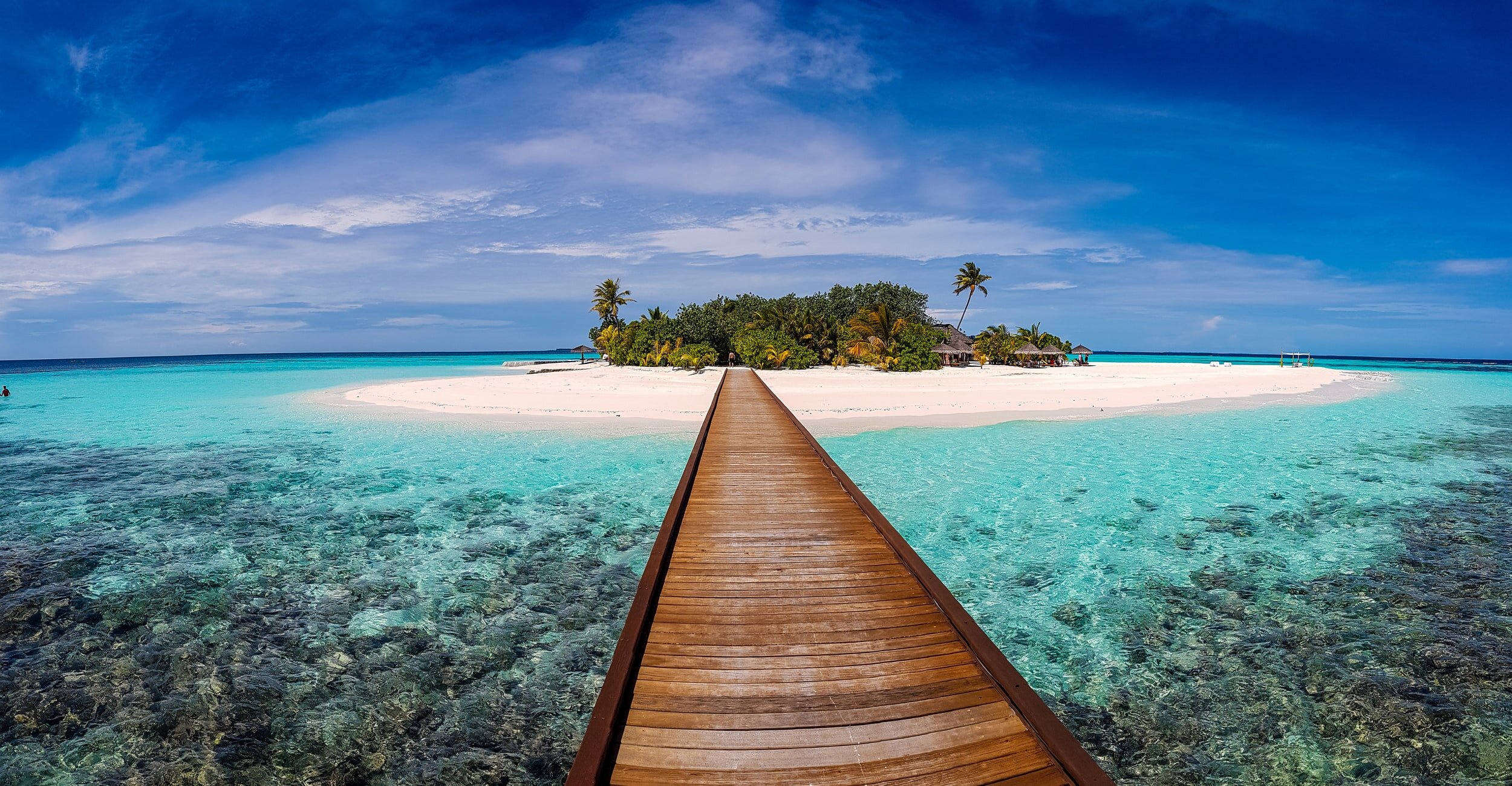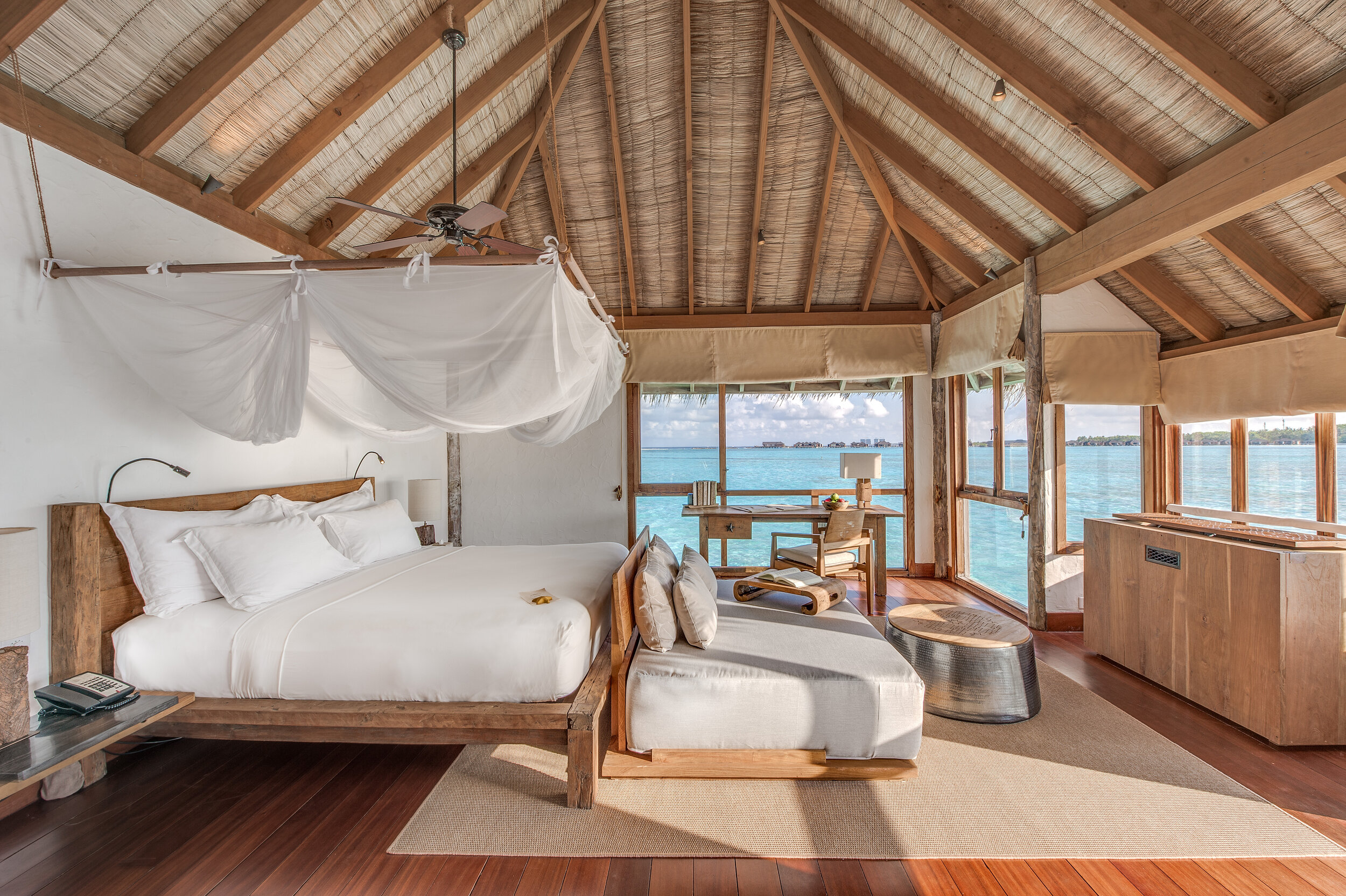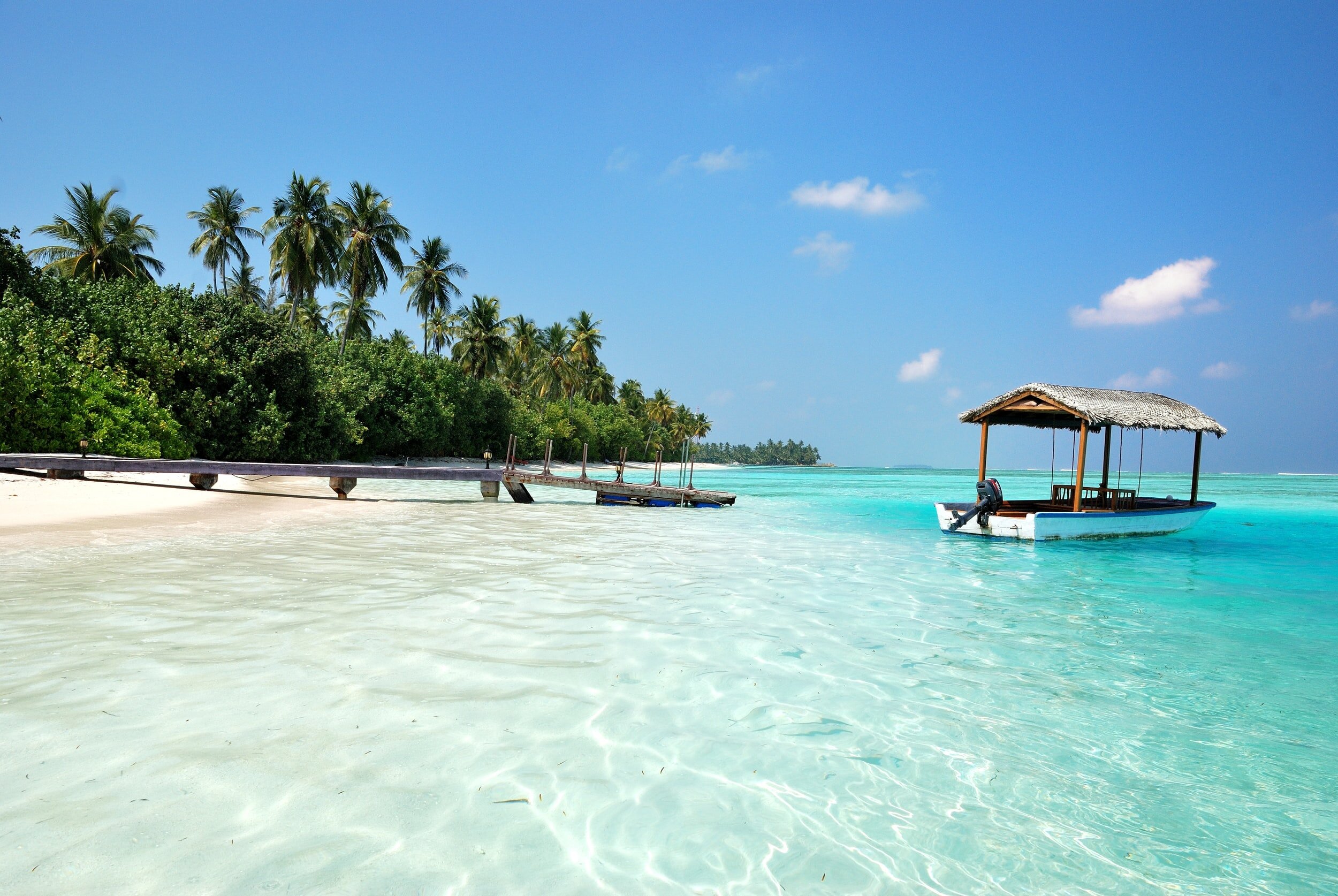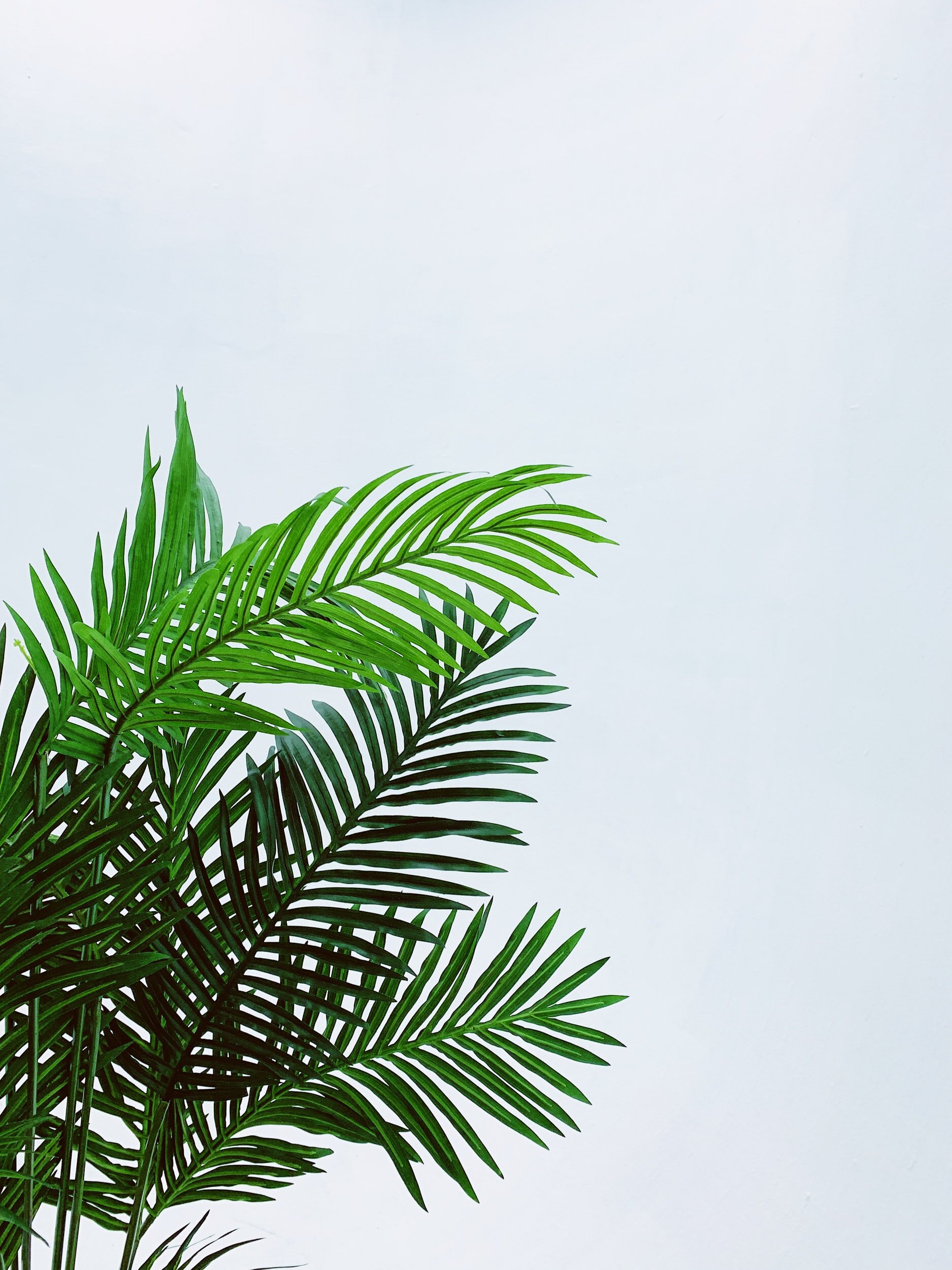
Maldives
Unrivalled Luxury, Stunning white-sand beaches and amazing underwater world make Maldives an obvious choice for a true holiday of a lifetime
Maldives
Located in the Southwest of Sri Lanka, Maldives can be explained as a country with a collection of Islands. When some smaller islands form a cluster in the form of a ring, it’s termed an Atoll. Interestingly, the English word Atoll has been derived from the Maldivian word “atholhu” – the traditional name for the atoll.
The Maldives (formerly called the Maldive Islands) was first settled in the 5th century B.C. by Buddhist seafarers from India and Sri Lanka. According to tradition, Islam was adopted in 1153.
Originally, the islands were under the suzerainty of Ceylon (now Sri Lanka). They came under British protection in 1887 and were a dependency of then-colony Ceylon until 1948. An independence agreement with Britain was signed on July 26, 1965.

Sustainability
One - Island - One - Resort Concept
This means that each island of Maldives will consist of one resort, entirely. Each resort is separated from the other resorts, by sea.
The Maldives has about 1190 islands, out of which only 200 are inhabited by people. Over 120 islands are leased for tourism, developed as resorts with another 50 under development.
About 800 islands in Maldive are still uninhabited.
The Maldives is known for its amazing marine biodiversity and its biggest star is the coral: across this small nation, you’ll find over 200 species.
During my research about Sustainability in the Maldives, I came out with the conclusion that every Island depends closely on the Sustainable practices that are applied by each Resort
In 2016, The Maldives suffered from crippling coral bleaching. Many resorts came together to tackle the issue, but the one that truly shone was Gili Lankanfushi. They began their Coral Lines project, nursing coral fragments on ropes and later transplanting them onto degrading reefs. They hope that the project will gradually regenerate their house reefs and in doing so protect a sensitive and threatened ecosystem. They have also started the Gili SEAS (Social & Environmental Awareness and Sustainability) fund, allowing them to teach the local population how to be more aware of the environment. (Source: )
Maldivian Cuisine
The cuisine of the Maldives is a rich assemblage of traditional flavors with strong influences from its neighboring countries, such as India and Sri Lanka. In the past, Maldivians depended on essential ingredients such as fish, coconuts, breadfruit, millet, and tubers, and over time, with the influence of foreigners from ancient trade and travel, Maldivian cuisine developed a distinctive blend with its own unique flavors, symbolizing a unique culinary identity.
Today, traditional Maldivian cuisine is based on three main ingredients and their derivatives, namely coconut, fish, and starches containing grains and vegetables. The delicious food is prepared using ancient cooking traditions that have been passed down through the generations.
Cooking Classes Experience
Learn to make traditional Maldivian fish curry, or try your hand at tempura and sushi-making with one of the specialist chefs when staying at #1Luxury Sustainable Resort of the Islands: Gili Lankanfushi. While the basic preparations will have already been done, lessons will be given about the ingredients and preparation methods. Enjoy learning about new cuisines and cultures as you cook under direction. Once finished, your sumptuous meal awaits. (more information)

With the seclusion, privacy, close to nature experience that the Maldives offers, you will be compelled to enjoy the serenity and indulge in complete relaxation.
Resorts that take seriously Sustainability practices
Sustainability issues of the Island
The Maldives stands at the frontline of the climate change battle.
We are one of the most vulnerable countries on Earth and therefore need to adapt to climate change. "
Dr. Mohammed Waheed Hassan (Vice President of Maldive)
A low-lying archipelago with a more territorial sea than land, the Maldives is exposed to the risks of intensifying weather events. Sea level rise represents an existential threat to the country. With future sea levels projected to increase in the range of 10 to 100 centimeters by the year 2100, the entire country could be submerged. (Source: www.worldbank.org)
“There are big challenges that come with the advantages of the islands’ tourist assets, however,” said Richard Damania, World Bank Lead Environmental Economist. “The country’s coral reefs, which protect it from storm surges and serve as the main attraction for the tourism-driven economy, are in danger of being damaged or destroyed by poorly handled waste disposal methods.”
Rising sea temperatures also threaten the coral reefs and cause bleaching and death, with the most severe damage in areas that are stressed by pollutants, or damaged by physical disturbance. Vulnerability to climate change hazards has been magnified by damage to coral reefs which has in turn impaired their protective function, thus a negative cycle of impact.
“With the Maldives’ high dependence on a few key environmental assets and as pressure on these assets rises, prudent economic management calls for strengthened environmental stewardship,” said Damania. “We are working with the Government to build capacity and fill critical knowledge gaps on environmental issues. For example, an environmental management degree program at the Maldives College of Higher Education will become a reality in the near future."

Authentic Local Experiences
Eating local in Resorts
It is used to be rare to find Maldivian food in tourist resorts - but many of them do a Maldivian night once a week, which is very enjoyable and if not totally authentic.
The main dishes are fresh reef fish, baked tuna, fish curries, rice Nd rishi (unleavened bread). Also, you can do a trip to Male or an island-hopping excursion to a fishing village and try out a local tea shop. they are always and fascinating and tasted cultural experiences.
Staying in an Island Guesthouse
The guesthouse phenomenon in the Maldives has only been around for a few years, yet it has already become a truly unique way to experience the ‘real’ Maldives on an inhabited island: interact with locals, eat traditional food, and experience something totally different to life in a resort.
The best guesthouses are those on remote atolls, far from the modernity of Male, where friendly local families will literally treat you like one of their own, take you to desert islands, and let you fish, dive, and snorkel.
The Maldives focuses on Sustainable Luxury tourism as Sea Level Rises

Get in touch.
More information Planning your visit the Maldives.
My website provides basic information about sustainable destinations and offers you the possibility to book on your own on globally verified booking platforms or directly with the hotel.
Nevertheless, in case you have any questions or special inquiries you would like me to assist you with, please do not doubt to contact me, It will be my pleasure to help you.
From my side, I can assist you in researching special offers, Personalized experiences, contacting local guides, manage your hotel booking or any other particular request you may have regarding your travel preparation.
Every hotel group has its categories, special offers, or rates that can match your needs perfectly: your budget, your expectations or special enquires (secluded area, sea views, surprise for your travel companion, restaurant, or activities bookings in the area during your stay…)
I insist, do not doubt to contact me, I will be pleased to assist you watever your special needs may be.



